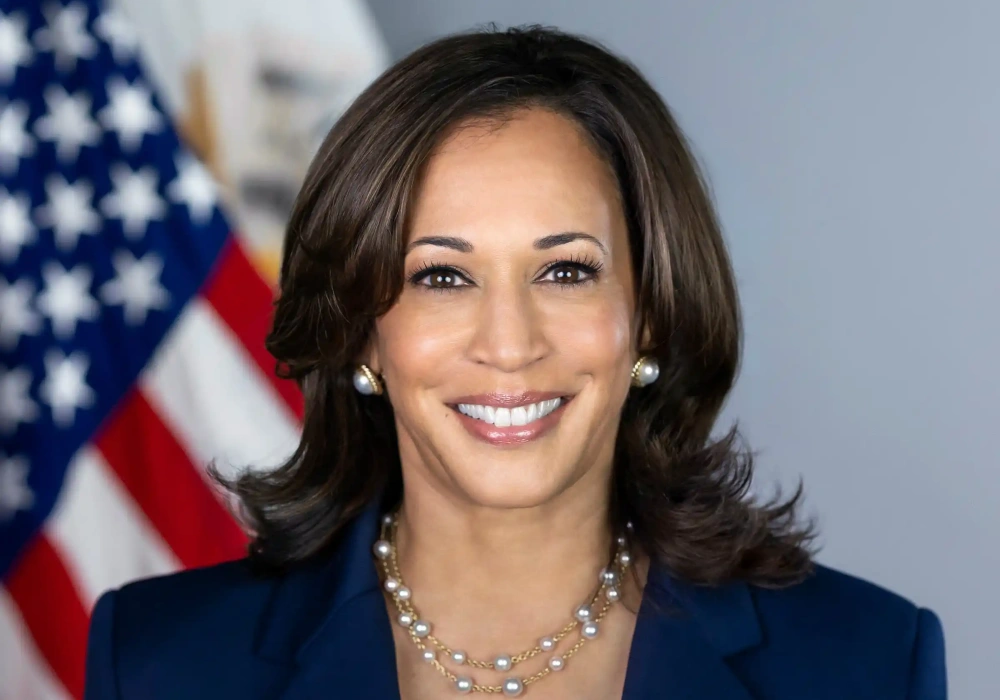
Is Cardano a Dead Project? The Truth Behind Chang Hard fork and Future Potential
Cardano has recently fallen out of the top 10 cryptocurrencies by market capitalization, leading some to speculate that it might be a “dead” project. However, this perception overlooks the significant upgrades that are currently being implemented.
One of the most crucial developments is the upcoming Chang hard fork, which is set to launch shortly. This upgrade is a major milestone in Cardano’s roadmap and is designed to empower its community and enhance the network’s governance structure.
Since its launch in 2017, Cardano has undergone four distinct eras: Byron, Shelley, Goguen, and Basho, each focusing on specific enhancements to the blockchain platform.
The next era, Voltaire, is expected to bring Cardano closer to becoming a fully decentralized blockchain where ADA holders can directly participate in governance and contribute to the network’s development.
Cardano’s founder, Charles Hoskinson, has emphasized the significance of the Voltaire era. He explained that the cryptocurrency space has always been built on the bedrock of decentralization and sound money. The Voltaire era aims to further these principles by enabling a community-run governance model, making Cardano a self-sustaining system.
The Chang hard fork is expected to introduce advanced governance features, improve scalability, and enhance security. These changes will make Cardano bigger, better, faster, and more decentralized. This upgrade is particularly consequential because it unlocks a comprehensive governance stack that combines concepts like liquid democracy with a constitutional public, setting the stage for Cardano to have a significant impact on future economic, political, and social systems.
For ADA holders, the hard fork could lead to higher staking rewards and increased network security, further decentralizing the network by reducing risks associated with staking in a single pool. Despite its recent drop in rankings, Cardano’s future is far from over; in fact, it’s just getting started.
Donald Trump’s Crypto Advocacy: A Push for the USA as the Crypto Capital

Donald Trump recently posted a video declaring his support for making the United States the crypto capital of the world.
In the video, Trump outlines his plan to ensure that the U.S. becomes the leader in the crypto space, opposing efforts to stifle the industry’s growth. This announcement coincides with Trump’s launch of a private crypto business with his family, World Liberty Financial.
Trump’s pro-crypto stance is noteworthy, especially in light of other ongoing legislative efforts. For example, Senator Cynthia Lummis has proposed a strategic Bitcoin Reserve bill, which could potentially be ready for legislation in 2025. The bill proposes using gold certificates to invest in Bitcoin, with the aim of backing the U.S. dollar and reducing national debt.
Kamala Harris and Crypto Policy: A Cautious Approach

In contrast to Trump’s bold pro-crypto position, Kamala Harris has taken a more cautious approach to cryptocurrency. While she has made some statements on the topic, they have been relatively light compared to Trump’s enthusiasm. This has led some in the crypto community to feel that Harris is not as supportive of the industry as they would like.
Experts like Thorne of Galaxy Digital suggest that while a Trump victory in the upcoming election could be very bullish for the crypto industry, a Harris win would likely result in a more neutral stance. Harris’s positions on crypto are seen as largely in line with the current Biden administration, which has been more conservative in its approach to cryptocurrency regulation.
Conclusion: The Future of Crypto in the U.S.
The political landscape in the U.S. is increasingly intertwined with the future of cryptocurrency. Trump’s strong advocacy for the industry contrasts with Harris’s more measured approach, and the outcome of the next election could have significant implications for the regulatory environment.
Regardless of political outcomes, the crypto space is poised for continued evolution. The next few years, especially leading up to 2025, are expected to be pivotal for the industry.